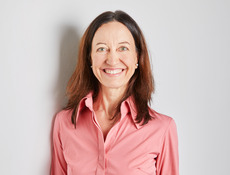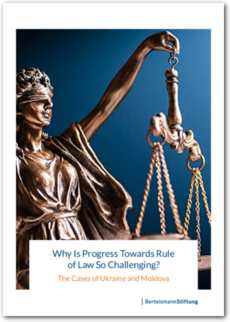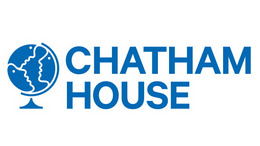The country reports written by John Lough and Iulian Rusu analyze judicial reform in Ukraine since the 2013/14 Revolution of Dignity and in the Republic of Moldova since the political coalition Alliance for European Integration announced Western-style reforms in 2009.
![[Translate to English:] Justitia Statue](/fileadmin/files/_processed_/d/d/csm_1056315419AdobeStock_308429830_KONZERN_ST-EZ_b49b147fb3.jpg)
© sergign - stock.adobe.com
Ukraine and Moldova: Why is progress towards the rule of law so challenging?
In young and fragile democracies, the judiciary and public prosecutors are frequently instrumentalized for political gain. This is all the more damaging, given the key role played by judges and prosecutors in advancing the rule of law and the fight against corruption.
Despite the different sizes of the two countries, justice sector reforms in Ukraine and Moldova have run into similar problems.
The comparison enables conclusions regarding structural problems and typical challenges for implementing essential judicial reforms at a time when the course that the Eastern Partnership will take in its second decade is being adjusted.
Lough and Rusu conclude that justice sector reforms did not take sufficient account of the underlying systems that were hostile to change and created a chicken and egg situation: Reformers viewed judicial reform as a catalyst for systemic transformation, yet the old model of governance prevented it from playing this role.
This vicious circle has contributed to the impression that both countries are caught in an endless cycle of failed anti-corruption reforms that no amount of western assistance can break.
The reforms attempted so far have not yet succeeded in creating even a small virtuous circle where the public can see that there is the possibility to conduct fair investigations and trials that deliver justice in the true sense of the word. It is hardly surprising, therefore, that Moldovan society has so little trust in its institutions.
Iulian Rusu, Deputy Executive Director of the Institute for European Policies and Reforms (IPRE), on Moldova
The model of placing unreformed judicial governance bodies in charge of judicial reform was flawed and repeated the EU's mistake elsewhere in Central Europe. Measures to increase the independence of the judiciary ticked all the Council of Europe's boxes but simply cemented in place an old guard that was not committed to changing the culture of the judiciary.
John Lough, Associate Fellow of the Russia and Eurasia Programme at Chatham House, on Ukraine
The study offers five key recommendations for international partners of Ukraine and Moldova engaged in advancing the rule of law:
- Take greater account of how the governance systems function and consider the impact justice sector and anti-corruption reforms will have in the context of these systems.
- Speak openly about the factors inhibiting reform of the justice sector, including political influence over it as well as the culture of judges, investigators and prosecutors.
- Develop programs that encourage cultural change in organizations with strong in-built identities and interests. Business organizations have considerable expertise to offer in change management.
- Building new anti-corruption institutions and reforming the justice sector must go hand in hand and include investigative and prosecutorial agencies.
- Open the judiciary’s ranks to outsiders, particularly experienced lawyers, and move away from a career model for judges that encourages the formation of a “judicial corporation”.
The reports provide insight into the immense challenge of transforming the governance model in Ukraine and Moldova. Justice sector reform is a marathon requiring robust civil societies and outside support promoting the rule of law in a long-term perspective. But it is also a terrific opportunity!
Miriam Kosmehl, Senior Expert Eastern Europe at the Bertelsmann Stiftung
This online discussion, organized by Chatham House in cooperation with the Bertelsmann Foundation, presents the abovementioned policy brief and analyzes the achievements and setbacks in reducing the influence of vested interests since 2014. The event focused on Ukraine:



![[Translate to English:] Autofenster, an dem ein Wahlkampfplakat von Nikol Paschinjan klebt](/fileadmin/files/_processed_/3/4/csm_1612171350Nikol_Pashinyan_poster_on_car_34b1ac8dca.jpg)
![[Translate to English:] Shadows of demonstrating people projected on a wall, on the left side the Moldovan flag](/fileadmin/files/_processed_/d/f/csm_1875029397AdobeStock_232204648_102168061_Montage_KONZERN_ST-EZ_bearb_56e266f956.jpg)
![[Translate to English:] Schiffe auf dem Meer mit Bohrtürmen im Hintergrund](/fileadmin/files/_processed_/6/c/csm_781790850AdobeStock_84943428_KONZERN_ST-EZ_3c7208f56d.jpg)


